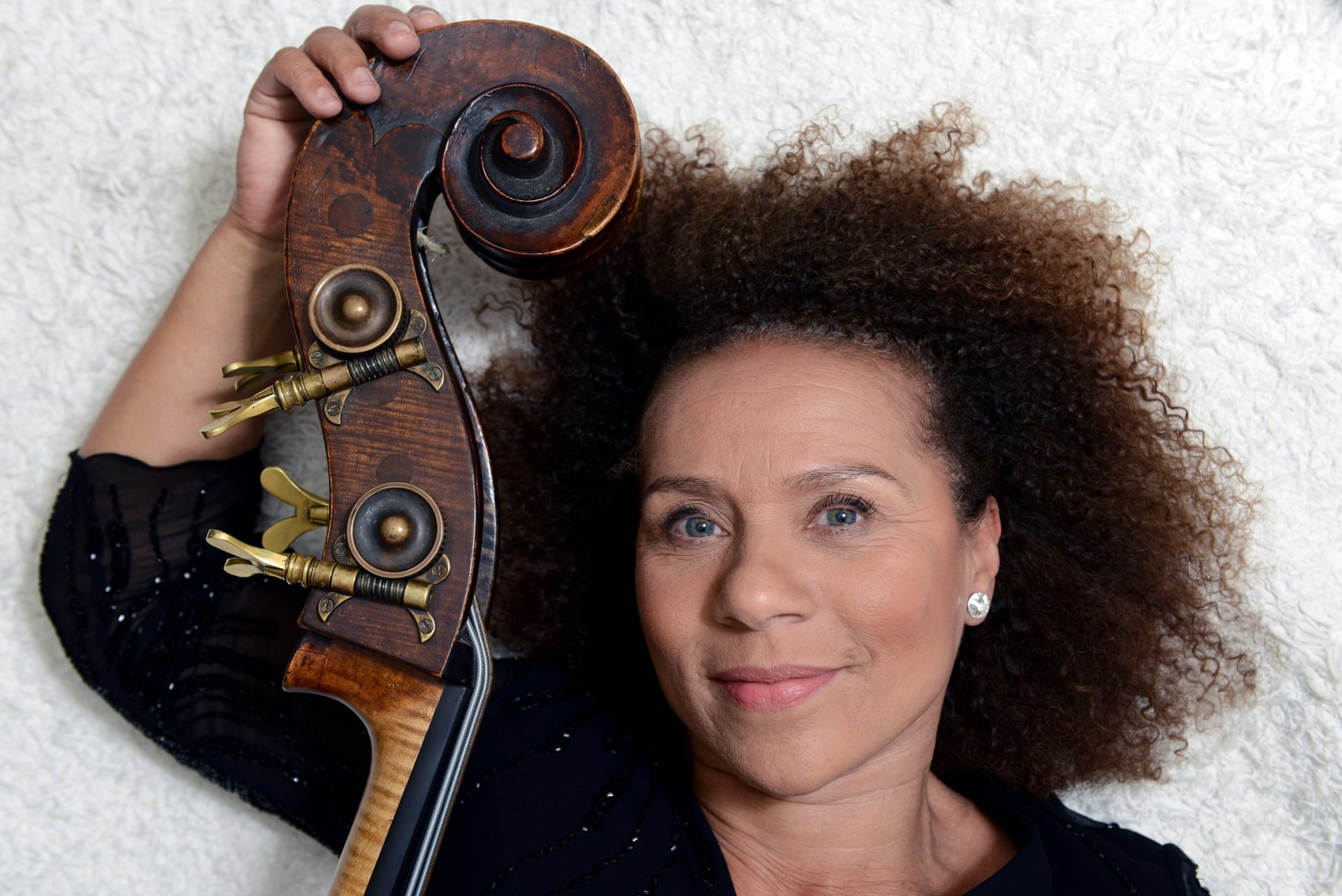Trevor Noah Says He’s Not a Political Progressive. He’d Be Funnier If He Were.Posted in Articles, Arts, Media Archive, United States on 2015-10-12 00:44Z by Steven |
Trevor Noah Says He’s Not a Political Progressive. He’d Be Funnier If He Were.
The Nation
2015-10-09

(The Daily Show with Trevor Noah / Brad Barket)
The new Daily Show host doesn’t have much to say, which leaves him making jokes about tramp stamps and body weight.
Unlike Jon Stewart, Trevor Noah doesn’t ground his comedy in a political ideology. This is of course politically disappointing to people who saw Jon Stewart as someone who not only raised awareness but influenced politics and sometimes even policy. But what’s less obvious is that the lack of political perspective makes the show less funny.
Like millions of viewers in the United States and across the globe, I depended upon Jon Stewart, night after night, to excoriate people in high places who had messed with ordinary people during the day. When Comedy Central announced that Trevor Noah would replace Stewart, I knew that the odds of someone doing as good a job were slim. But I defended Noah when he came under attack for a handful of tweets that ranged from offensive to not at all offensive (just critical of Israeli policy), and from unfunny to really, really unfunny. It seemed an unfair point of focus. I was hopeful that his background, so different from Stewart’s, would bring a fresh perspective. And I thought it went without saying that Noah would continue the show’s political focus and insight…
… In contrast, correspondents Roy Wood and Jordan Keppler brought an angle and some character to the show, which made them funnier. It wasn’t earth-shattering (no pun intended), but Roy Wood Jr.’s report on NASA’s discovery of liquid on Mars was the first time I laughed during the debut episode. It was also the first time racism (and not just race) was addressed on the show. When Noah asks Wood what he can tell us about the story, Wood responds, “I can tell you I don’t give a shit.” When an optimistic Noah says, “Doesn’t this raise the possibility that one day people can live on Mars?” Wood responds, “People like who? Me and you? How am I going to get there? Brother can’t catch a cab, you think we can catch a spaceship?… Black people ain’t going to Mars! And that includes you, Trevor.”…
Read the entire article here.



